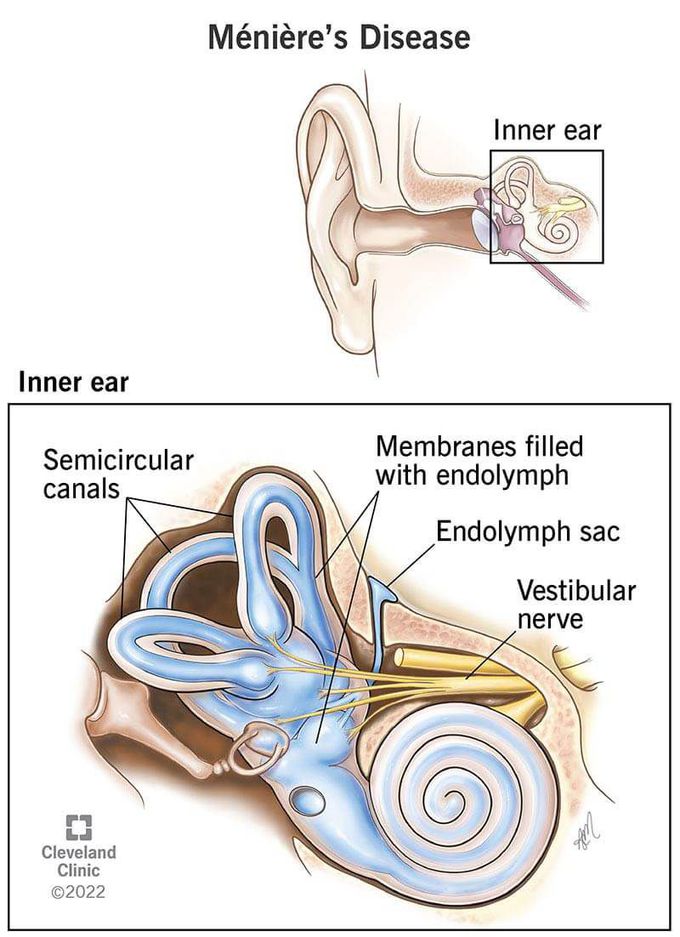

Hunainabout 2 years ago

treatment of menieres disease
Treatment will depend on your symptoms, age, and general health. It will also depend on how severe the condition is. There is no cure for Ménière disease. Treatment may include: Surgery. Several types of surgery are effective for treating balance problems from Ménière disease. Medicine. Medicines may be given to control allergies, reduce fluid buildup, reduce dizziness, or improve the blood circulation in the inner ear. Change in diet. Removing caffeine, chocolate, alcohol, and salt may reduce the frequency and intensity of symptoms. Behavior therapies. Reducing stress may lessen the severity of the disease symptoms. Hearing aids. These can help treat hearing impairments caused by the disease.
Other commentsSign in to post comments. You don't have an account? Sign up now!
Related posts
herniation secondary to raised ICPHyperekplexiaSymptoms of HyperekplexiaDandy Walker Malformation | Diagnosis symptoms and treatment2-Minute Neuroscience: Brain AneurysmsSeizures (Epilepsy) Nursing NCLEX: Tonic-Clonic, Generalized, Focal, SymptomsStroke: Causes, Risk Factors, Treatment, and Prevention | Mass General BrighamNeurofibromatosisAbsence seizuresSymptoms of absence seizures

